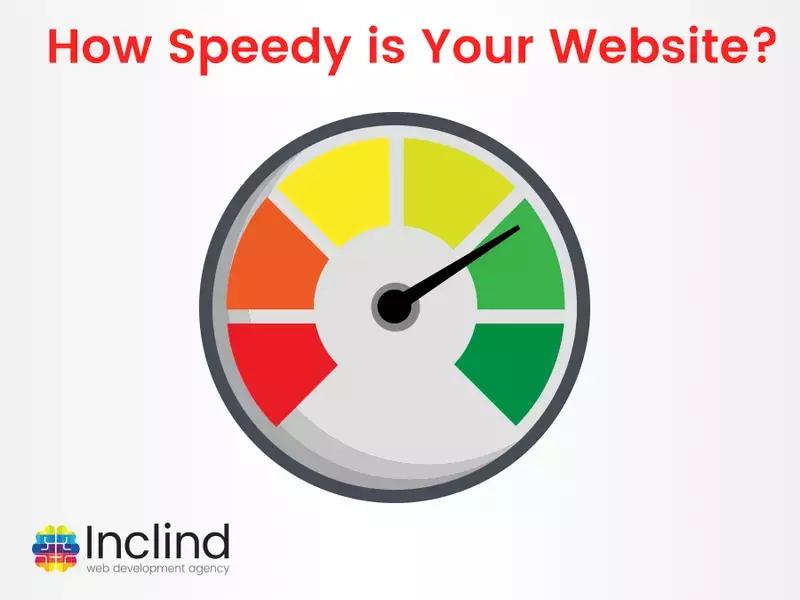Three seconds or less. That is the time that a user expects a web page to load. In 2018, mobile page speed became a ranking factor with Google and a web page that is slow loading will contribute to a lack of conversions and will negatively affect your site’s rankings. Since websites are now accessed more on mobile devices than ever before, Google indexes pages based on mobile performance even from a desktop search, making it imperative that your mobile website experience is optimized and speedy.
What’s My Speed?
So how do you know your site’s speed performance? Google offers PageSpeed Insights, a free tool that analyzes a web page and provides a score on the time the mobile site takes to load. The goal is to get in the green with a 90-100 score. PageSpeed Insights will also give you suggestions on improving the score.
What’s Slowing It Down?
HTTP Requests
Too many HTTP requests can significantly affect website speed. That comes in the form of fonts, stylesheets, images, videos and external ads.
Fonts
Loading multiple web fonts or variations of a font will slow down a web page. Keeping fonts to a minimum not only keeps the presentation professional but also helps keep your site speedy.
Images
Images are a big contributor to slowing down a website. Popping in an image on an article that you just took on your phone without compressing it will cost you in load time. Uncompressed or too many images can really bog down a web page. When using images on mobile, use them sparingly and optimize them by decreasing file sizes. There are free image compressing apps available so don’t feel like you need to pay for a Photoshop license. Create PNG or SVG files for graphics and compressed JPEGs for photos. Keeping your image file sizes as small as possible without sacrificing quality is the goal.
Hosting
Hosting solutions can affect your site speed. A slow server response time will result in bottlenecking the data transfer and choking your website. If your site begins to gain a higher volume of traffic, a cheaper hosting plan likely can’t keep up.
Plugins
The amount of plugins and the optimization of plugins can contribute to the speed of your website. Be sure that you are using essential plugins and that they are well-coded to ensure they aren’t negatively affecting your website’s performance.
Conclusion
If you find your website is slow-loading, follow recommendations from PageSpeed Insights to improve performance. You can implement tools like caching to speed up your site and be mindful as you add content that images and videos are essential and optimized. Consider a higher performing host to help boost speed. As always, you can consult with Inclind on optimizing your website. Chat with us today!
Unearth Our Day Hikes
Information Request
Please fill out the information below.
Schedule A Meeting
Please fill out the information below.
Schedule a Phone Call
Please fill out the information below.
Information Request
Please fill out the information below.
Submit a Request or RFP
Please fill out the information below.
